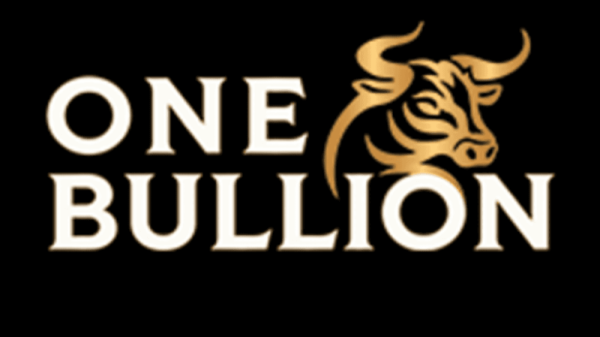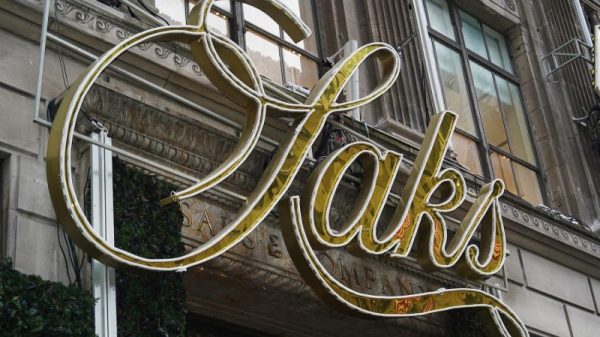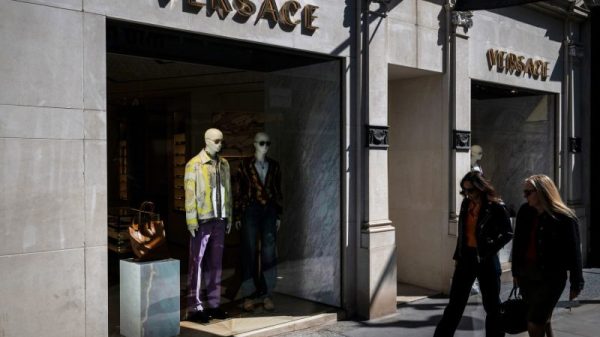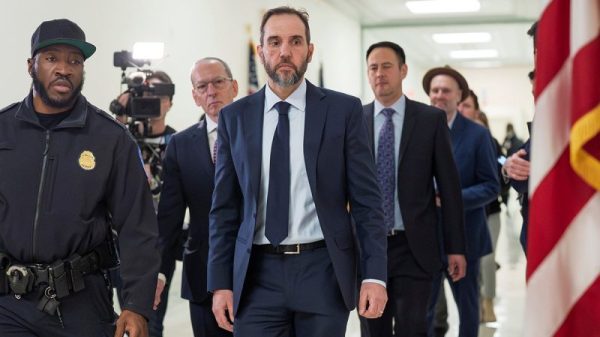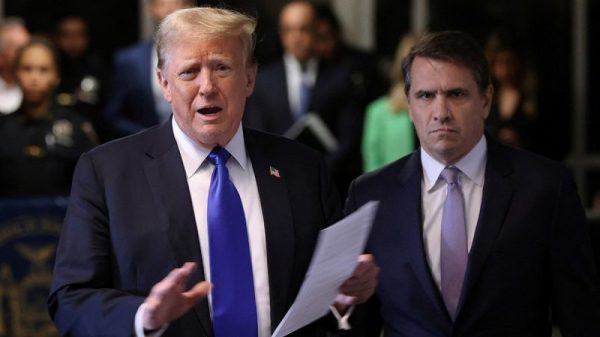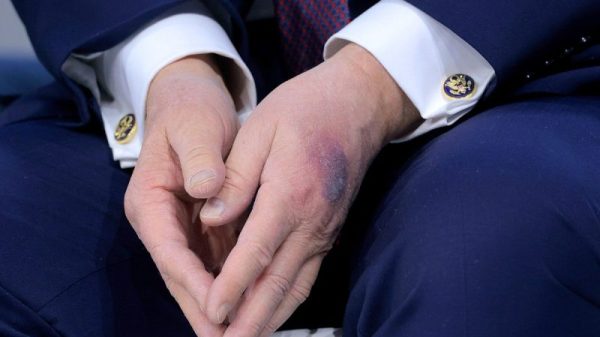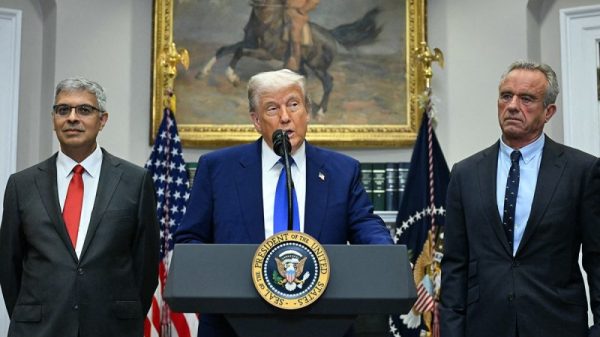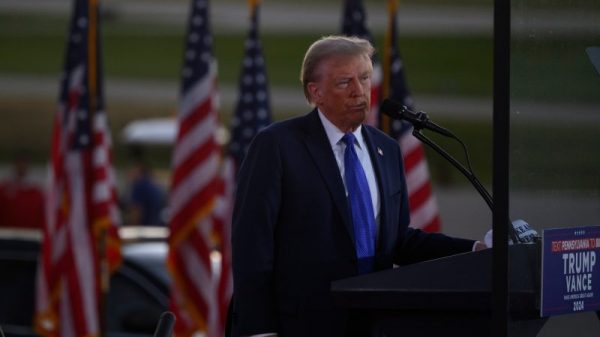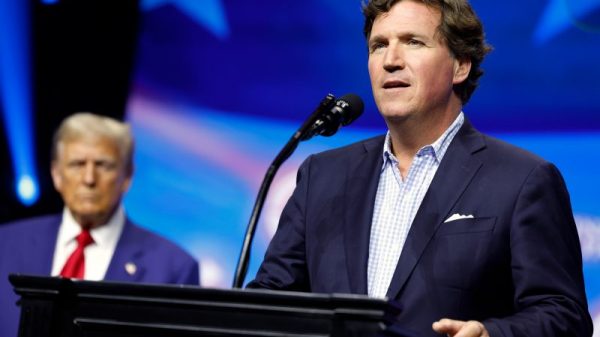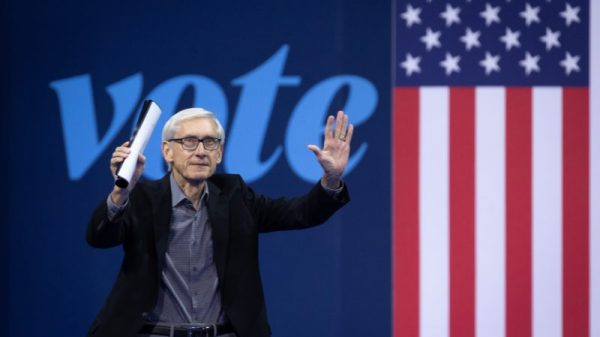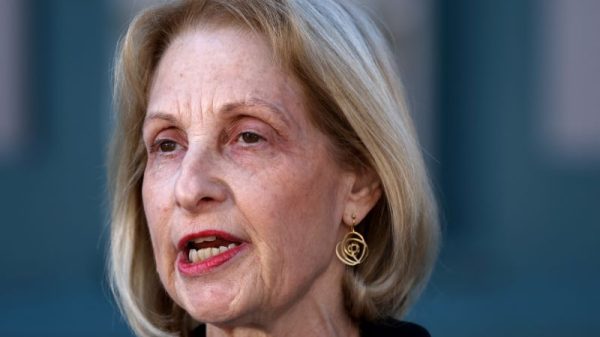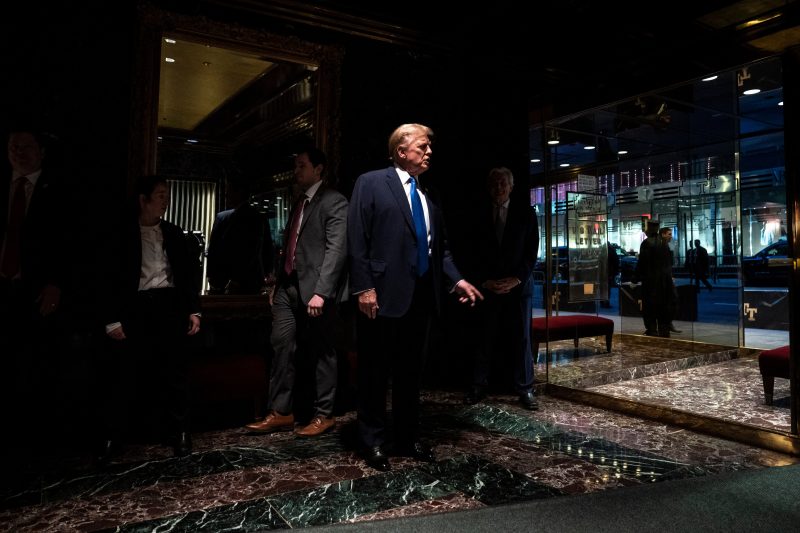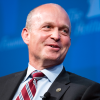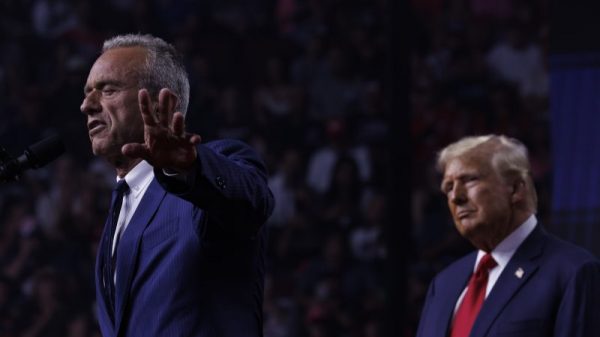The fundamental irony of Donald Trump’s ascent as the focal point of the Republican Party is that it piggybacked on the GOP’s anti-elite movement, which emerged in the tea party era. Rank-and-file Republicans were frustrated with the party’s establishment in Washington and angry at the perception of being told by political elites what they should do or what they should believe. This was to a significant extent an outcry that masked their more significant complaints and concerns, but it was the ostensible predicate for the anger.
And then they nominated a billionaire Manhattanite to be their presidential candidate in 2016.
We aren’t breaking new ground in observing this, certainly; this contrast has been adjudicated any number of times before. But it remains striking that Trump and his party assertively campaign in opposition to elites while asking voters to support candidates who, by most measures, would qualify as elites themselves.
This is made only more striking with Vice President Kamala Harris’s selection of Minnesota Gov. Tim Walz (D) as her running mate as she seeks the presidency. Walz is an elite in the sense that he is governor of a state; that level of power carries some eliteness. But on the measures by which Americans evaluate being elite in a more abstract sense, Walz is about as un-elite as any member of a major-party ticket in recent decades.
In 2022, Yahoo News commissioned the polling firm YouGov to ask Americans what qualified as “elite.” A number of possibilities were offered, including a rejection of the idea that there were any elites to be described. But a consistent pattern emerged from the responses: Eliteness is about money and power. That held among both Democrats and Republicans — though each were more likely to say their ideological foes were elites than members of their own side.
Overall, there were five characteristics that about 20 percent of respondents suggested qualified someone as “elite.” If they were rich (regardless of ideology), if they made over $100,000 a year, if they ran a big business, if they worked in D.C. or if they graduated from a “highly-ranked” college. So we figured it would be interesting to see how many recent candidates on a major-party ticket met each of those conditions at the time they were seeking election.
The results are shown below, with each matching qualification indicated with a monocle.
Information on education came from simple Wikipedia searches and involved some subjectivity; Harris’s degrees from Howard University and the University of California College of the Law were determined to meet the standard, for example. “Rich” is inherently subjective, so we used a net worth of $1 million to meet the standard. (That information and information on salaries came largely from Open Secrets.)
The contrast between Walz and Trump is sharp. Trump owns a big business, even if he isn’t the titular leader of it at this point. He is a billionaire. He attended the Wharton School of Finance at the University of Pennsylvania. We didn’t include the “lives on the coast” qualifier here since not many Americans view that as an essential marker of eliteness, but Trump does and long has.
Walz does make more than $100,000 a year; his salary as governor is about $150,000. But he’s not rich by the standard above. Barron’s put his net worth somewhere in the range of $362,000 to $830,000, the bulk of which was “a rental room in his home that he valued at between $250,000 and $500,000.” An analysis by Axios determined that he owns no stock — not to mention “no book deals or speaking fees or crypto or racehorse interests,” if you can imagine such a thing. He attended public universities and lives in Minnesota.
If anything, Walz is an un-elite. But “elite” has always been about perceptions, not measures. So a billionaire New Yorker who objects to immigration is hailed as a down-to-earth reflection of the working class, while a guy from Scranton, Pa., who attended the University of Delaware and advocates addressing climate change is an unacceptable avatar of elite America.
We can expect Walz to be lumped in with the “liberal elites” soon enough, perhaps by Trump’s running mate, Yale University graduate and former Silicon Valley venture capitalist JD Vance. It’s just how politics works.


